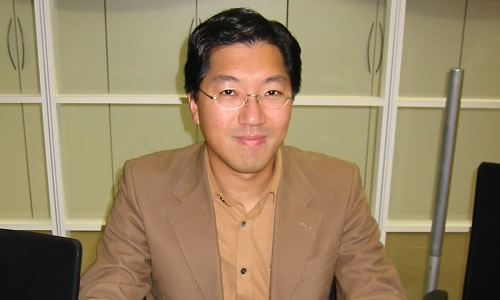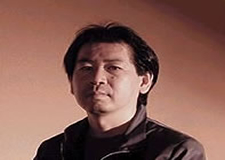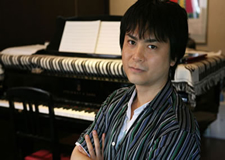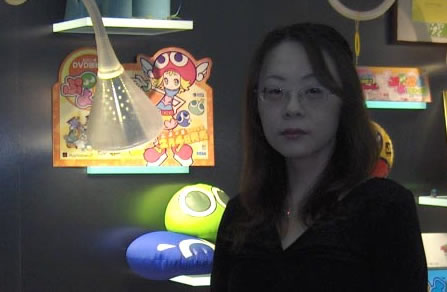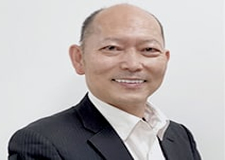Arrogant egomaniac to some, genius to others, Naka has been synonymous with Sega for over twenty years. From his early work on such Master System gems like the original Phantasy Star to such recent efforts like Billy Hatcher & the Giant Egg on the GameCube, Naka has seen action on every Sega console and continues to be an integral part of their “platform agnostic” strategy, pushing the boundaries of innovation and originality, as well as constantly reinventing his star franchise.
Sega Stars
Sega Stars: Yu Suzuki
His name is synonymous with Sega itself. He is the genius behind some of the most enduring and legendary games ever to grace an arcade. Hang-On, OutRun, Space Harrier; the list goes on and on. For over twenty years, Yu Suzuki has been to Sega what Shigeru Miyamoto has been to Nintendo and his legion of fans is arguably just as big.
Sega Stars: Yuzo Koshiro
Just about every gamer knows his music. Whether it’s the soundtrack to Streets of Rage or the music to Shenmue, Yuzo Koshiro has been a mainstay of the gaming industry since the late 1980s. He has scored dozens of games, including some you may not even realized were his. A legend among Sega gamers, Koshiro’s skills and talent are among the best in the industry.
Sega Stars: Rieko Kodama
In an industry dominated by men, Rieko Kodama is a woman who has managed to make it all the way to the top, becoming one of the most respected designers of the last two decades. You may have seen her credited in a slew of titles as “Phoenix or Phenix Rie,” as she used that as her credit name until 1993. She is commonly referred to as “the First Lady of RPGs.” It’s a title that is well deserved, and we’ve compiled a short retrospective of her career.
Sega Stars: Tokuhiko “Bo” Uwabo
The man who went by the names “Bo” and “Noah Toku” has an extensive gameography, spanning from 1986 to 1994. During that time frame, he was responsible for some of the most memorable music ever written for a game. When you think of the influence and popularity of most of the titles he worked on, it’s a mystery as to why he never got as much attention as other Sega wonder boys (no pun intended), like Yuji Naka and Yuzo Koshiro did.

